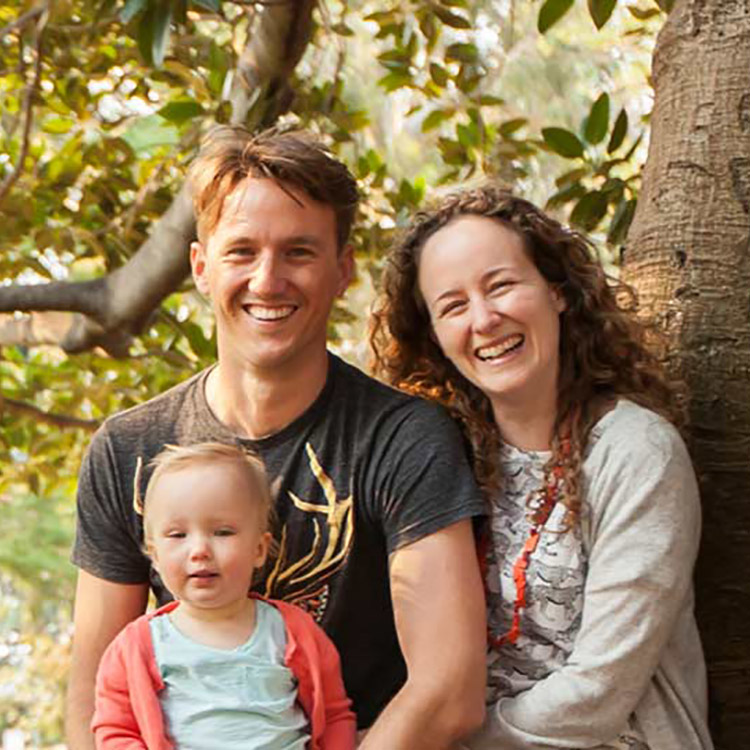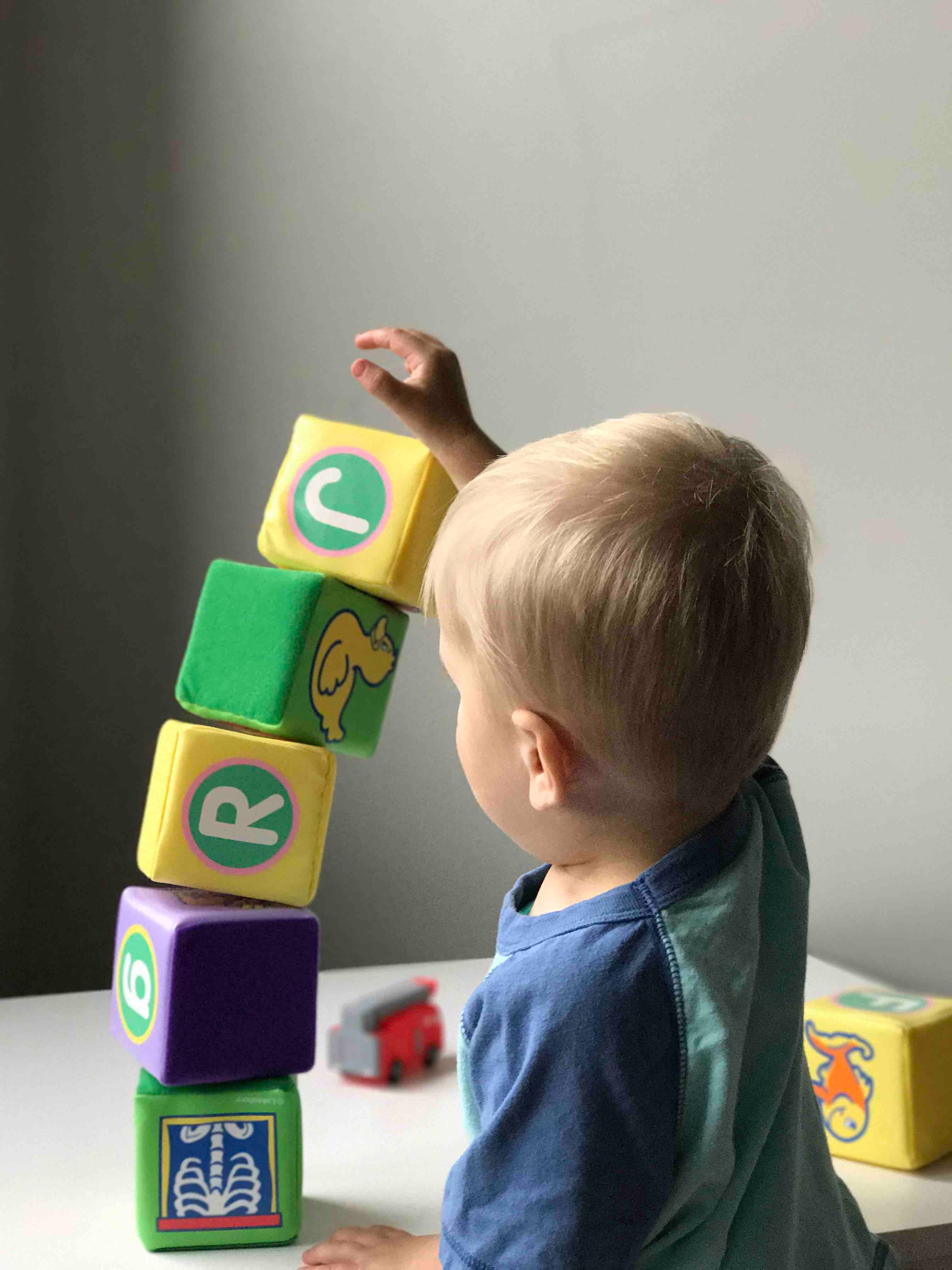Search

News & Events
Twins talk half as much at twoA world first study of language development in toddler twins confirms the widely held belief that twins start to talk later than single-born children.

News & Events
Language Study Reveals Need for Long Term MonitoringA new study looking at the receptive language development of young children has highlighted the need to monitor kids over time to ensure they don't fall behind.

News & Events
How learning to talk is in the genesResearchers from Perth's The Kids Research Institute Australia have been part of an international study that has found that genetic factors contribute to the development of l
News & Events
Most late-talking toddlers turn out okThe study is the first of its kind to track language delay from two years of age through to late adolescence, using data collected from the long running Raine
News & Events
Late talking toddlers: new research debunks the mythsNew research findings from the world's largest study predicting children's late language emergence has revealed that parents are not to blame for late talking
Research
The broader language phenotype of Autism: A comparison with Specific Language ImpairmentSome individuals with autism spectrum disorders (ASD) experience linguistic difficulties similar to those found in individuals with specific language...
Research
Co-occurring Neurodevelopmental Conditions in Children: Advocating for Transdiagnostic Approach to AssessmentsApproximately 8% of all children experience developmental and mental health conditions. Similarities in characteristics across neurodevelopmental conditions-such as difficulties in communication and language, social interaction, motor coordination, attention, activity regulation, behavior, mood, and sleep-make it challenging to attribute these characteristics exclusively to specific diagnoses and assessments. The purpose of this study was to identify symptomatic domains across neurodevelopmental conditions in children and to explore dimension reduction for transdiagnostic assessment.
Research
How many words are Australian children hearing in the first year of life?These results show that a word gap related to maternal education is not apparent up to twelve months of age
Research
Longitudinal study of language and speech of twins at 4 and 6 years: Twinning effects decrease, zygosity effects disappear, and heritability increasesThis study investigates the heritability of language, speech, and nonverbal cognitive development of twins at 4 and 6 years of age.
Research
Fetal Testosterone, Socio-Emotional Engagement and Language DevelopmentThe present study investigated the relations among fetal testosterone, child socio-emotional engagement and language development...
